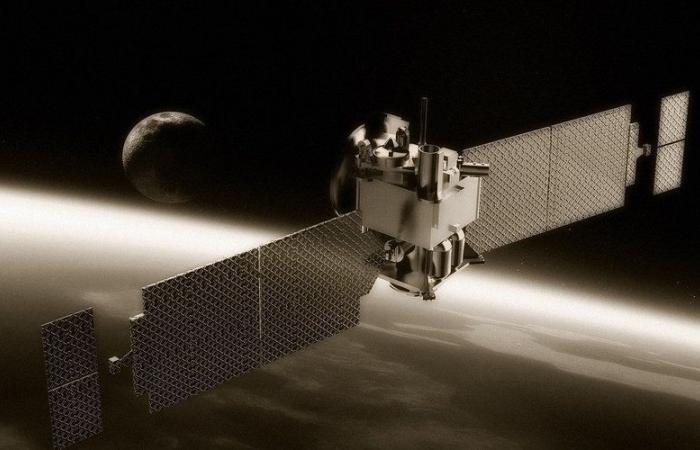
the essential
After more than 40 years of remaining silent, one of the Voyager 1 probe's old radio transmitters has resumed transmitting signals more than 15 billion kilometers from our planet.
The Voyager 1 probe continues its journey well beyond the confines of our solar system. Launched on September 5, 1977, its initial mission was to study Jupiter, Saturn, Uranus and Neptune. Since then, this satellite has become the furthest spacecraft from Earth, more than 15 billion kilometers away, and the first human-made object to enter interstellar space in 2012.
However, communications between Voyager 1 and Earth are often fragile and interrupted. Recently, one of the probe's radio transmitters, the main X-band one, stopped working, reports Geo. This failure automatically activated the probe protection system. NASA explains that this mechanism shuts down non-essential systems to save energy in the event of an overload. However, it may take several days or even weeks to analyze the exact cause of these interruptions.
Thus, on October 16, engineers discovered that the recent shutdown was due to a command sent to activate a radiator, intended to warm certain components damaged by radiation accumulated over decades.
The probe switched to a transmitter unused since 1981
Faced with the failure of the Network managed to capture it, allowing new commands to be sent, the last of which was transmitted on October 22.
However, this transmitter cannot transmit scientific or telemetric data. NASA therefore remains focused on restoring the X-band, essential for collecting new data, even minimal ones.





